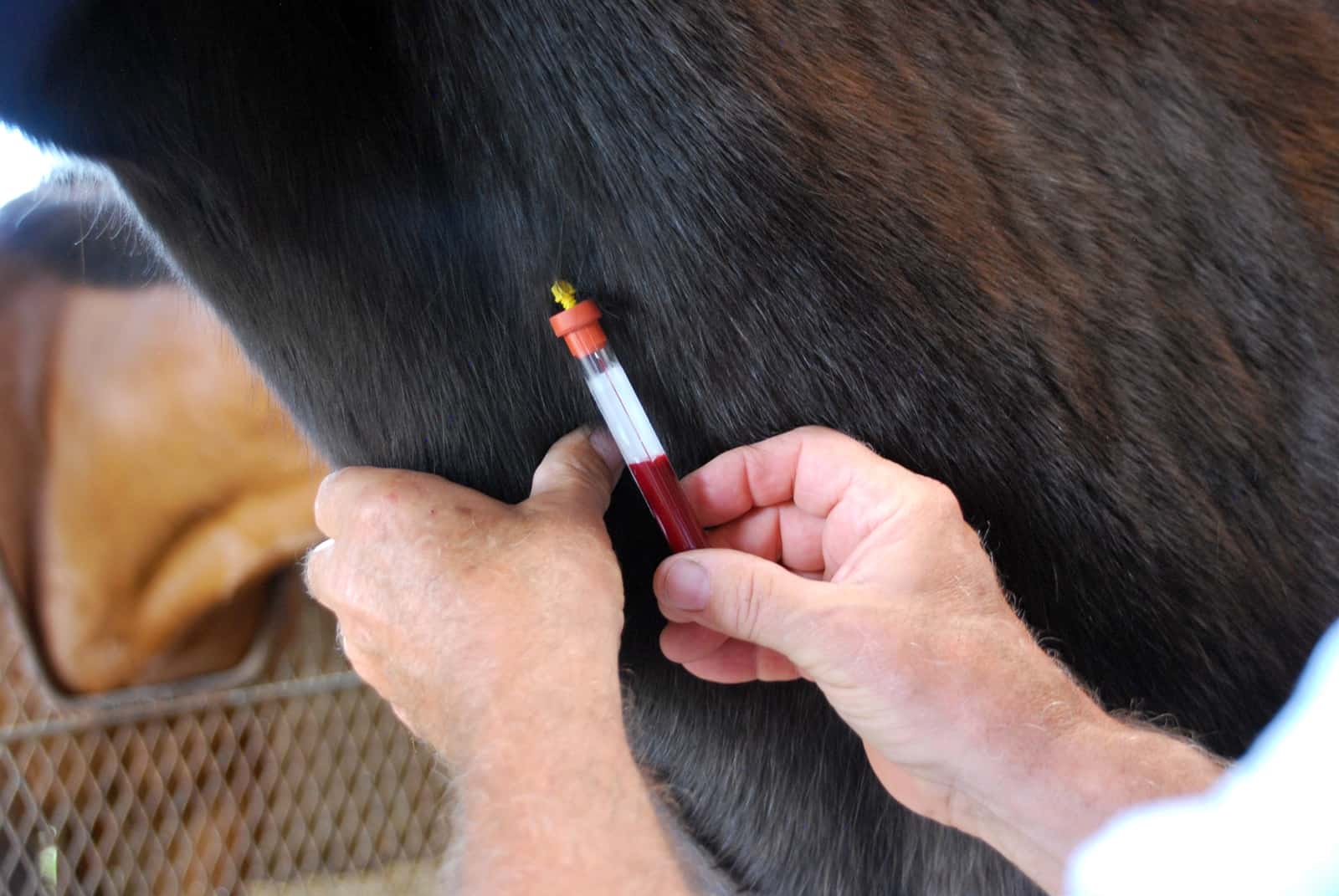Piroplasmosis in Tennessee Horses: 22 Cases Confirmed

Animal health officials have confirmed nearly two dozen cases of piroplasmosis in Tennessee horses. The state veterinarian’s office is investigating the equine piroplasmosis (EP) outbreak in a group of racing Quarter Horses in Middle Tennessee.
Thus far, 22 horses residing at five locations in Bedford, Rutherford, and Williamson counties have tested positive. All the horses are quarantined and being treated.
EP 101
Equine piroplasmosis is a parasitic infection of equids that can be spread naturally to equids by ticks or, more commonly, by humans to equids through contaminated needles, syringes, and treatment/surgical equipment and products. The causative agents of the disease are protozoan parasites called Theileria equi and Babesia caballi
Create a free account with TheHorse.com to view this content.
TheHorse.com is home to thousands of free articles about horse health care. In order to access some of our exclusive free content, you must be signed into TheHorse.com.
Start your free account today!
Already have an account?
and continue reading.
Related Articles
Stay on top of the most recent Horse Health news with
















